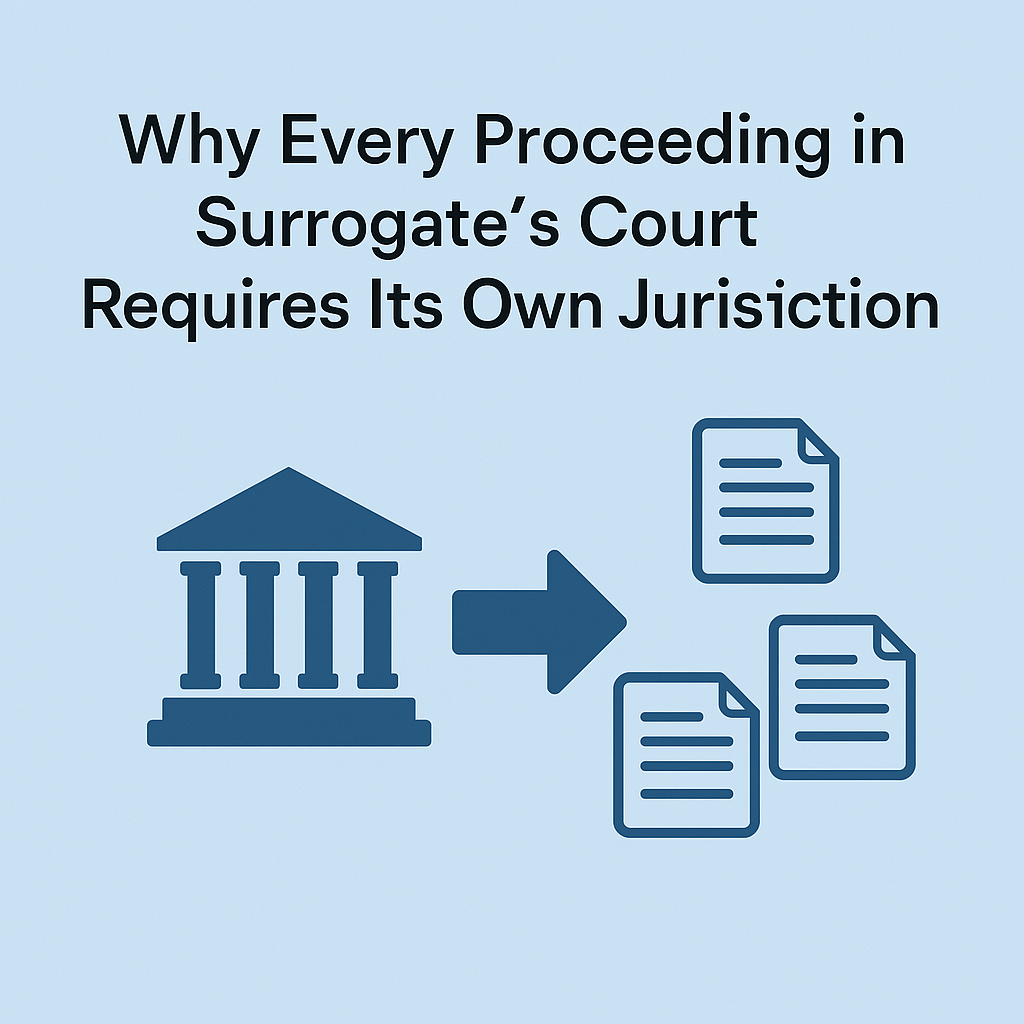In New York, for a revocable trust to work, title to assets must be transferred from the trust's creator to the trustee.
A revocable trust is a legal arrangement where you transfer ownership of your assets to a trustee who manages them for the benefit of your beneficiaries.
What happens if someone creates the trust but fails to transfer ownership of the assets to the trustee?
New York law is clear: A revocable trust is only effective as to assets that are transferred to the trustee. EPTL 7-1.18 provides:
§ 7-1.18 Funding of lifetime trust
A lifetime trust shall be valid as to any assets therein to the extent the assets have been transferred to the trust. For purposes of this section, (a) transfer is not accomplished by recital of assignment, holding or receipt in the trust instrument, and (b) in the case of a trust of which the creator is the sole trustee, transfer shall mean in the case of assets capable of registration such as real estate, stocks, bonds, bank and brokerage accounts and the like, the recording of the deed or the completion of registration of the asset in the name of the trust or trustee, and in the case of other assets a written assignment describing the asset with particularity.
So, for example, if you're transferring real estate to the trust, you need to execute and record a deed that changes the title of the property to the name of the trustee. If you're transferring a bank account to the trust, you need to change the account to be in the name of the trust.
It's also important to ensure that your beneficiary designations are up to date. If you have retirement accounts, you need to make sure that your beneficiaries are listed as the revocable trust. This will ensure that the assets are distributed according to the terms of the trust.
You also need to keep track of the assets that are in the trust. You should keep a list of the assets and update it regularly. This will make it easier for your trustee to manage the assets and for your beneficiaries to understand what assets are included in the trust.
Review
Hypothetical facts: Someone creates a revocable trust as the grantor and the trustee and names beneficiaries but does not execute (and record) a deed that transfers real property into the trust.
Question: Can an argument be made that the grantor intended that the trust control the disposition of the real estate and, therefore, the trust under this scenario should control the disposition of the real estate, despite the fact that the real property was not transferred to the trust(ee)?
Answer: No, under New York Law, a trust is only effective "as to any assets therein to the extent the assets have been transferred to the trust." EPTL 7-1.18. Mere recital that real property is transferred to the trust is insufficient to have to the trust control that property. Id.
- Trusts: Revocable
- Deeds
- New York
- NY EPTL 7-1.18
- Real Estate
- Recording
- Trusts
- Trusts: Lifetime
- Trusts: Funding
Hani Sarji
New York lawyer who cares about people, is fascinated by technology, and is writing his next book, Estate of Confusion: New York.






Leave a Comment